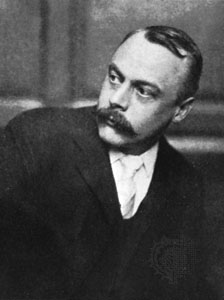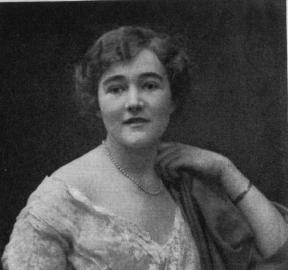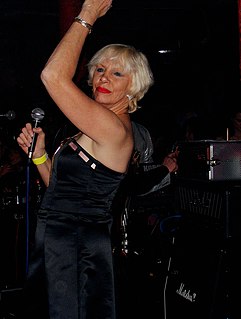A Quote by Laura Ingalls Wilder
In the long winter evenings he talked to Ma about the Western country. In the West the land was level, and there were no trees. The grass grew thick and high.
Related Quotes
My birthplace was California, but I couldn't forget Armenia, so what is one's country? Is it land of the earth, in a specific place? Rivers there? Lakes? The sky there? The way the moon comes up there? And the sun? Is one's country the trees, the vineyards, the grass, the birds, the rocks, the hills and summer and winter? Is it the animal rhythm of the living there? The huts and houses, the streets of cities, the tables and chairs, and the drinking of tea and talking? Is it the peach ripening in summer heat on the bough? Is it the dead in the earth there?
The smell of that buttered toast simply spoke to Toad, and with no uncertain voice; talked of warm kitchens, of breakfasts on bright frosty mornings, of cozy parlour firesides on winter evenings, when one's ramble was over and slippered feet were propped on the fender; of the purring of contented cats, and the twitter of sleepy canaries.
The air was cold to the lungs, the long grass dripping wet, and the herbs on it gave out their spiced astringent scent. In a little while on all sides the Cicada would begin to sing. The grass was me , and the air, the distant invisible mountains were me, the tired oxen were me. I breathed with the slight night-wind in the thorn trees.
He lay far across the room from her, on a winter island separated by an empty sea. She talked to him for what seemed a long while and she talked about this and she talked about that and it was only words, like the words he had heard once in a nursery at a friend's house, a two-year-old child building word patters, like jargon, making pretty sounds in the air.
The golden line is drawn between winter and summer. Behind all is blackness and darkness and dissolution. Before is hope, and soft airs, and the flowers, and the sweet season of hay; and people will cross the fields, reading or walking with one another; and instead of the rain that soaks death into the heart of green things, will be the rain which they drink with delight; and there will be sleep on the grass at midday, and early rising in the morning, and long moonlight evenings.

































